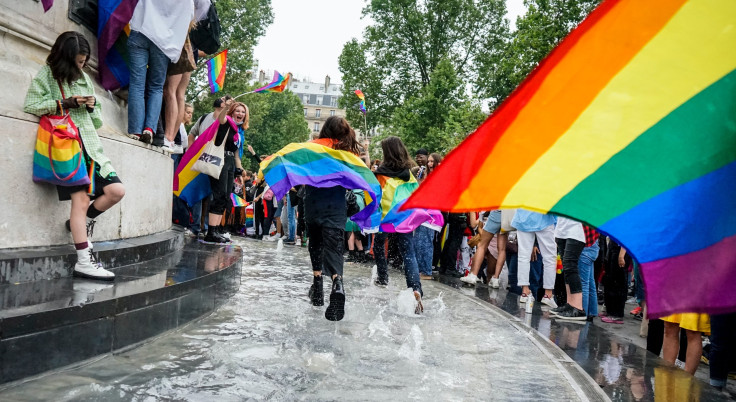
The National Education Association is the largest teachers union in the U.S., and it has surprised many with its summer reading list.
On Monday, the association recommended teachers include "Gender Queer" in their reading this summer. The controversial book was featured in the association's "Great Summer Reads for Educators!" list which had 11 books.
"Gender Queer," which is recommended as a reading under the "banned books" section, has courted major controversy among American parents. People are not okay with the idea of being kept in public school libraries throughout the U.S. It has been challenged for its discussions on masturbation and depictions and descriptions of oral sex.
NEA has not explained in its list why it feels that teachers should read the book, as per Fox 28 Savannah.
The book's supporters have called it "valuable" to schools as they say that students might "see themselves in it."
But many parents and advocates still feel that its contents are "completely inappropriate" for children, especially in settings of public schools.
"Gender Queer" author Maia Kobabe had previously defended the sexually explicit graphic images in the book.
The author said that gender is a topic that touches on identity and sexuality. Kobabe noted that it's hard to explain properly how a "gender identity can impact every facet of life as an adult without touching at least a little bit on sexuality."
"White Fragility," which insists that White Americans use shame, anger and guilt to avoid taking responsibility for racial inequality, is also part of the NEA's list.
Erika Sanzi, Director of Outreach for Parents Defending Education, said that the list is steeped in ideology which isn't surprising since NEA has become an organization focused on "race and gender that pays zero attention to student outcomes or parents' concerns."
This comes after Becky Pringle, President of the National Education Association, declared that racial and social justice is a "pillar" of the NEA's efforts, reported Fox News.
Pringle said that for the people working at NEA, education justice must be about racial justice, social justice and climate justice.
She shared that for their students to be able to come to school ready to learn every day, NEA can never think of education as an isolated system because "everything connects to our students' ability to learn."
So, they have to necessarily talk about "housing justice, food inequality," and the reality that people went through a global pandemic together. According to Pringle, it was the most marginalized communities that were "already suffering from the inequities in every single social system in this country and every country."
© 2025 Latin Times. All rights reserved. Do not reproduce without permission.




